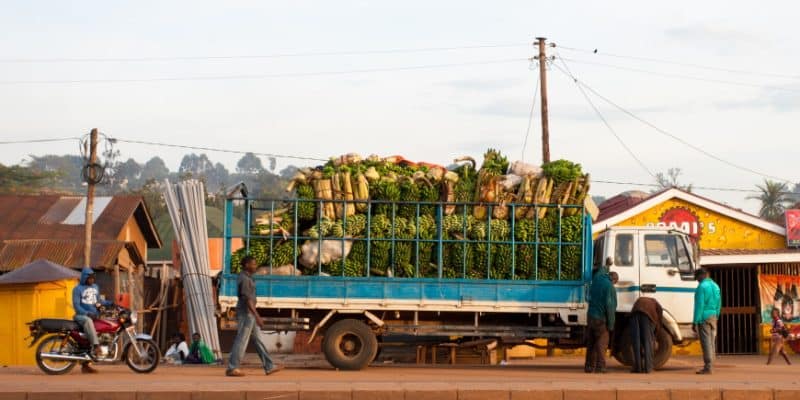Read in
Several investors gathered around the African Infrastructure Investment Managers (AIIM) are launching a $150 million fund through the Commercial Cold Holdings (CCH) joint venture. The platform will invest in food preservation infrastructure in sub-Saharan Africa.
A new initiative is being launched to combat food waste and improve food security in sub-Saharan Africa. It is a $150 million investment fund recently launched by a consortium of investors formed by African Infrastructure Investment Managers (AIIM), Bauta Logistics and Mokobela Shakati. These investment companies, all based in Africa, are launching the Commercial Cold Holdings (CCH) platform.
The platform will incorporate CCS Logistics, a transport and logistics company newly acquired by the investor consortium from the Oceana Group. South Africa’s AIIM, renowned for its infrastructure investments, has invested in CCH through its pan-African AIIF4 fund and is the majority shareholder in the logistics hub with a 59.2% stake.
The investment in cold logistics
The aim of this initiative is to address the issue of food waste in sub-Saharan Africa by investing in food preservation via the cold chain. Nearly a third of the food produced in the world is lost or wasted, resulting in an estimated economic loss of $1 trillion a year. In sub-Saharan Africa, this estimate is around 37%, according to the World Resources Institute (WRI).
The Food and Agriculture Organisation of the United Nations (FAO) estimates post-harvest losses in sub-Saharan Africa at $4 billion per year. At the same time, the cold chain logistics infrastructure sector is underdeveloped or non-existent in sub-Saharan Africa,” says Damilola Agbaje, AIIM’s investment director. Yet part of Africa is facing food insecurity due to drought.
To help preserve resources, CCH will invest in temperature-controlled logistics (TCL) through new asset acquisitions, as well as the development of a portfolio of projects. In addition to improving food safety, investments in TCL would enable African producers to meet international food export requirements. Except that cold logistics are still very energy-intensive, in a world increasingly focused on energy sobriety.



